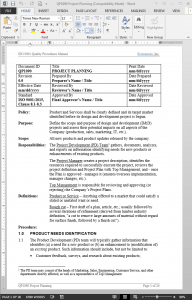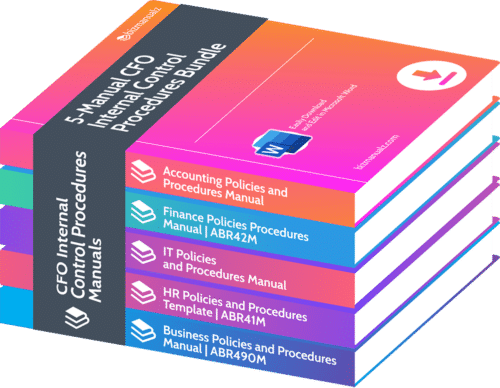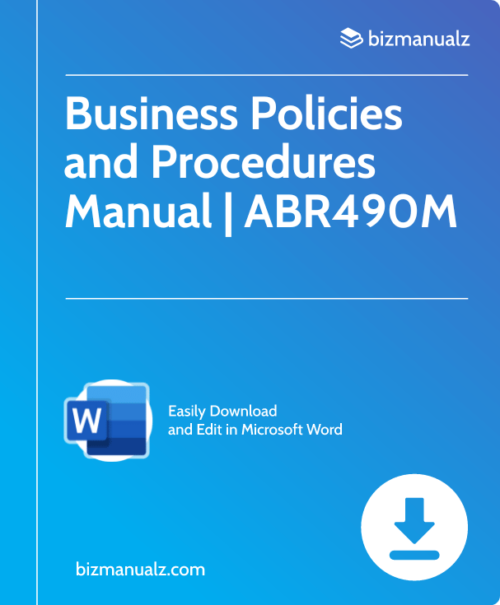What Project Management Documents Do You Use?

Project Management consists of managing your project plan, achieving your project objectives, and delivering the intended project results to your users, customers and management. As a Project Manager, doing this effectively requires a disciplined project management approach using key project management documents, methods, and tools to guide your progress. What documents do you use for project management?
Important Project Management Documents
What are the typical project management documents that are used in project planning and execution? You might think the project plan is the first document but, before you plan the project you need to determine the scope by understanding the customer or user requirements, feasibility, and business case behind the project.
1. User Requirements & Project Assumptions
First thing when thinking of project management documents, what are the customer comments, stated and implied requirements, and project assumptions from the customer or management? The customer is the focus of the project so we need to understand what they need and document those requirements to ensure we focus on the customer.
Creating a baseline of your customer requirements helps to reduce “scope creep” or the addition of new requirements.
2. Feasibility Study
Next we need to build a business case to justify the project to management. A feasibility study is conducted to provide the data for the business case. Your feasibility study consists of industry research, financial costs, and the methods used, which provide the basis for your financial justification to management.
3. Business Case Justification
Your business case is the financial justification to management, which is derived from the feasibility study, user requirements and project assumptions.
4. Project Charter
The project charter is a statement of the basic problem faced by the user, the project’s goals, benefits, and a rough schedule of the major milestones.
5. Project Plan
The project charter lays out the major milestones and the project plan defines the detailed schedule, budget, resources, risks, assumptions, and roles & responsibilities for all stakeholders. Project plans basically define who does what by when and is one of the most important project management tools to any project. Keeping the project on track is important to keeping the project on budget!
6. Acceptance Plan
The acceptance plan defines how you know you are finished. It spells out the customer’s criteria for receipt of all project deliverables and provides the validation that the project has met the users requirements.
7. Quality Plan
The quality plan defines all of the project management policies, procedures, standards, reviews, verification and validation activities used to ensure a successful customer acceptance.
8. Communications Plan
Up to this point you will have created seven project management documents but these documents are all a lot more useful if all of the stakeholders know what they need to know, and when. Somehow you must communicate all of this information to everyone on a regular basis.
Everyone needs to know what their tasks are, if the project is on schedule and on budget, and if we are meeting the customer’s requirements. A good communication plan or program like lean daily management helps to bring it all together.
9. Procurement Plan
Understanding how the project will secure all of the external resources in a timely manner is a key element to a projects success. Frequently, people need materials, equipment, or other resources at a critical time in order to prevent delays. Your tender management process for acquisition has to ensure that resources arrive exactly when needed. If delivered to early you might be spending money on inventory that needs to be stored. If delivered to late, then you may be paying people to stand around.
10. Post Project Review
Your project is complete. What are the important project achievements and lessons learned from project errors? Capturing what went wrong and what went right will prepare you for future projects and make you a better project manager. After all, you want to consider the top 10 causes of Project Management failures and prevent them from occurring on your next project.
Project Management Documents
Project Manager necessitates a disciplined project management strategy that relies on core project management documentation, methodologies, and tools to guide your development. Project management entails overseeing your project strategy, meeting your project objectives, and providing the desired project outcomes to your users, customers, and management.
Download free policies and procedures you can use to improve the project management documents and tools you have under your belt.


















Leave a Reply